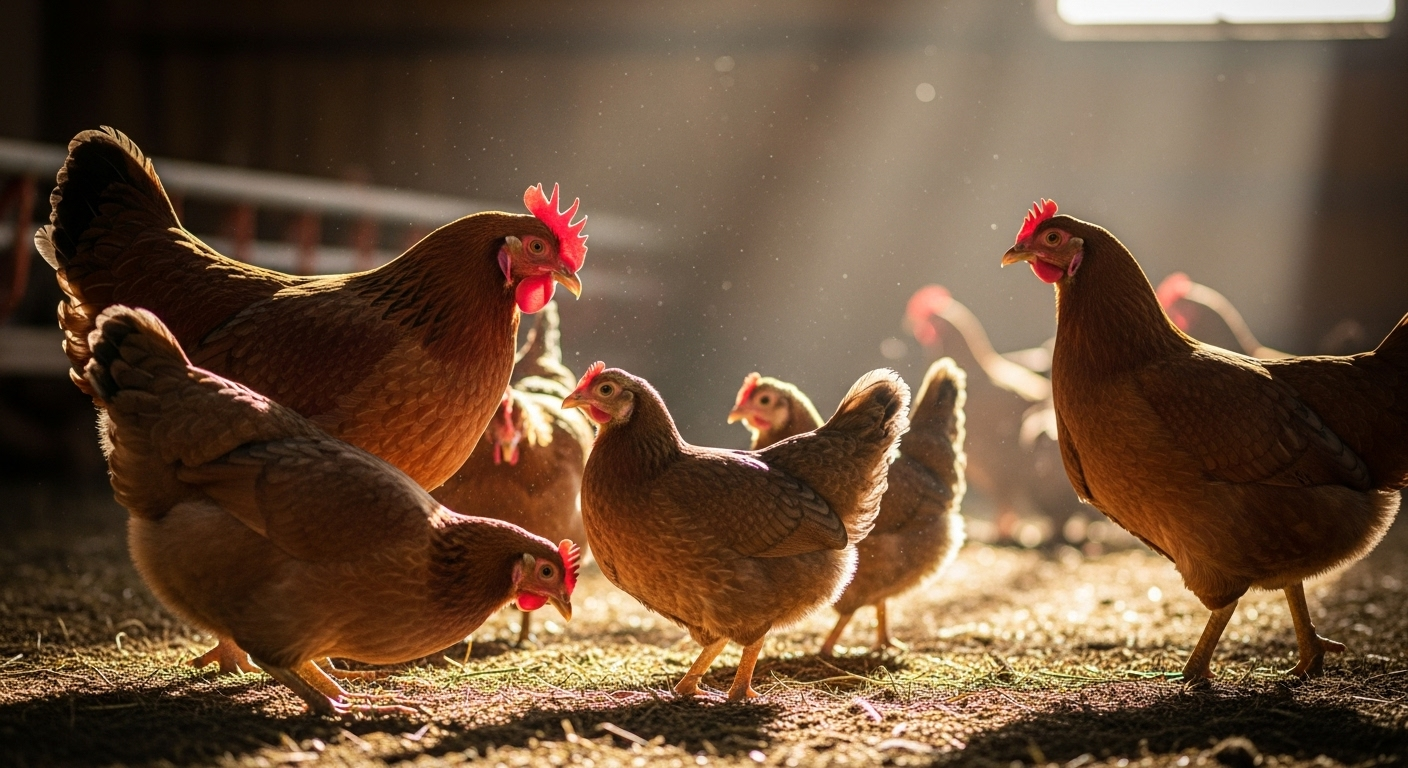Pet Food and Feed: Considerations for Poultry and Farm Pets
Pet owners and small-scale farmers face many choices when it comes to feeding chickens, other poultry, and mixed farm pets. Decisions about feed type, ingredient sources, storage, and whether to buy in bulk affect nutrition, cost, and animal health. This article outlines practical factors to weigh when selecting pet food and feed for birds and farm animals.

What to know about chicken and poultry diets
Chickens and poultry have dietary needs that differ from typical companion pets. A balanced diet for laying hens emphasizes protein, calcium, and energy to support egg production, while growing birds need higher protein to build muscle and feathers. Commercial formulations are designed to meet life-stage requirements—starter, grower, layer, and maintenance rations—so reading labels and ingredient lists helps match feed to age and purpose. Consider supplements only when advised by a veterinarian or poultry nutritionist, and be mindful that treats should not replace nutritionally complete feed.
Choosing feed for pets and farm birds
Selecting an appropriate feed starts with identifying the animals’ species, age, production goals, and any health issues. For mixed flocks or small farm setups, complete feeds that balance vitamins, minerals, amino acids, and energy can simplify management. Organic or non-GMO claims may matter to some producers but evaluate the nutritional profile first. When pets include other species (ducks, turkeys, pigeons), choose species-specific formulations or a well-balanced multi-species feed. Also check for quality-control indicators like batch codes and manufacturer contact info to verify consistency.
Buying feed in bulk: benefits and risks
Purchasing feed in bulk can reduce per-unit cost and lower delivery frequency, which suits larger flocks or farm operations. Bulk buying also means managing storage, rotating stock, and protecting feed from pests, moisture, and temperature extremes. Overstocking or long storage times can degrade nutrients, especially fats and vitamins. If buying bulk, split deliveries into manageable quantities, use sealed containers, and track purchase dates. Bulk feed can be economical, but planning for proper on-farm storage is essential to preserve quality and avoid contamination.
Sourcing feed on the farm vs. commercial options
Some farms produce their own feed components—grains, legumes, and kitchen scraps—to supplement purchased diets. On-farm sourcing can reduce costs and allow control over ingredient origin, but it requires milling, mixing knowledge, and testing to ensure nutrient adequacy. Commercial feeds offer standardized formulations and safety testing, which reduce the risk of unbalanced rations. A hybrid approach—using commercial feed as a base and supplementing with farm-grown crops—can work well when guided by nutrient targets. Look for local services such as feed mills, cooperative suppliers, or agricultural extension offices in your area for reliable support.
Storage, safety, and health considerations
Proper storage and handling protect feed quality and animal health. Keep feed in dry, cool, and rodent-proof containers; inspect sacks for mold, insect activity, or off-odors before use. Contaminated feed can cause reduced performance or illness in poultry and other pets. Be cautious with raw ingredients and kitchen scraps—some human foods are toxic to birds. Regularly clean feeders and waterers to prevent bacterial growth. This article is for informational purposes only and should not be considered medical advice. Please consult a qualified healthcare professional for personalized guidance and treatment.
Conclusion
Deciding on pet food and feed for chickens, poultry, and farm animals involves balancing nutrition, cost, convenience, and safety. Understand life-stage nutrient needs, weigh the pros and cons of commercial versus farm-produced feed, and plan storage and handling to protect feed quality. Buying in bulk can lower costs but requires disciplined stock rotation and pest control. Rely on reliable suppliers or local services and seek veterinary or nutritionist guidance when health or production issues arise to ensure animals receive a balanced and safe diet.






